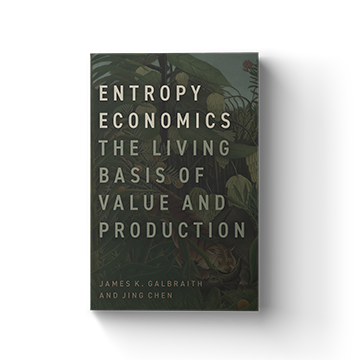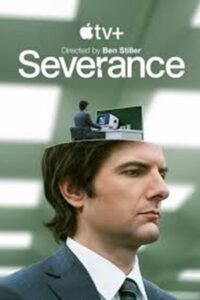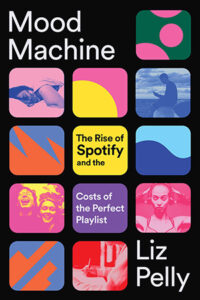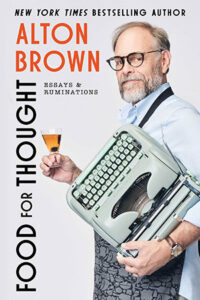Reviews
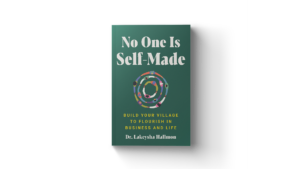 No One Is Self-Made: Build Your Village to Flourish in Business and Life
No One Is Self-Made: Build Your Village to Flourish in Business and Life
By Lakeysha Hallmon
(Dey Street 2025, $29.99)
Just about any leadership book will talk about humility and collaboration. The trick, of course, is finding a leader who is actually humble and collaborative. Which, if you take Lakeysha Hallmon’s view, is a way saying find a leader who is honest. In her new book, No One Is Self-Made, Hallmon tries to disprove the “self-made” myth and to replace it with an account of how business sucess really happens: with intense collaboration and interdependent visions of the work. If that sounds like a hippie compound, that’s not quite it.
Hallmon is the founder of the Village Market, an Atlanta-based incubator for Black entrepreneurs, she uses her story to make her case — rather, her story is her case against the self-made myth. As she recognized what she describes as racial barriers inhibiting Black entrepreneurs, including herself, she caught a vision for the profound influence backers and investors can have on entrepreneurs, their eventual employees and customers, their families, and on and on. This led to her mantra, “Support is a verb,” which plays prominently in the book. Out February 4.
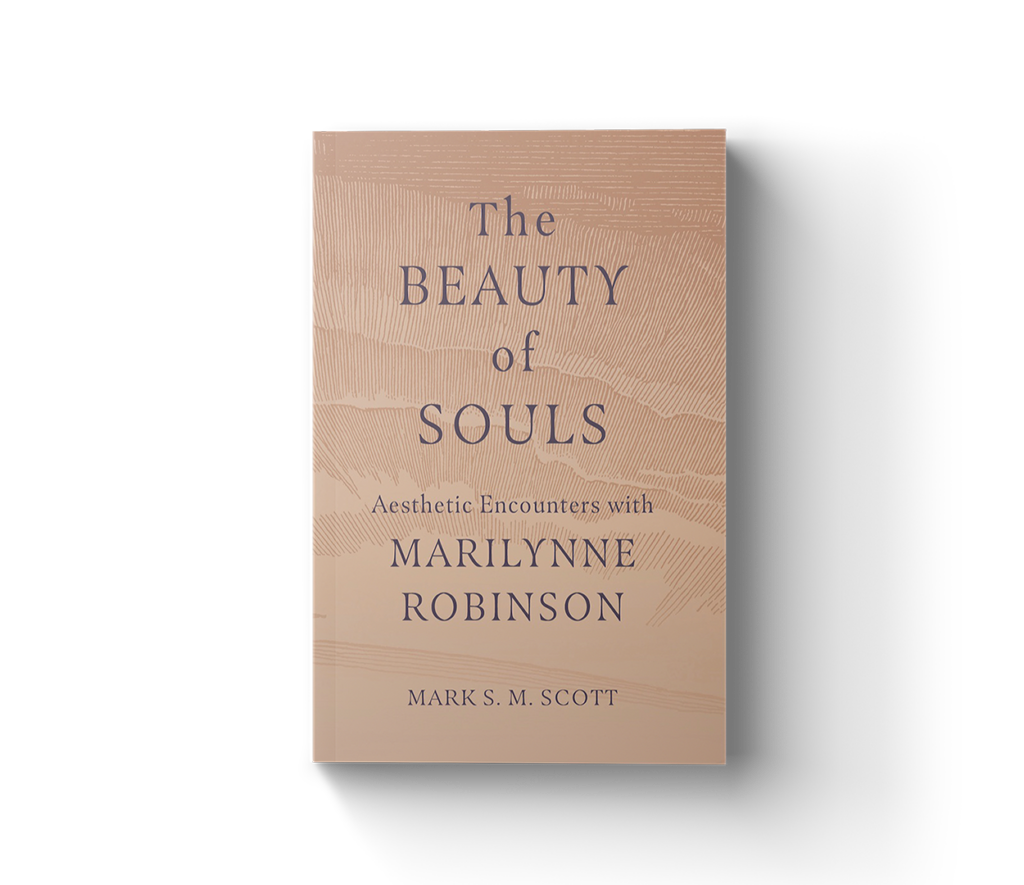 The Beauty of Souls: Aesthetic Encounters with Marilynne Robinson
The Beauty of Souls: Aesthetic Encounters with Marilynne Robinson
By Mark S.M. Scott
(Fortress Press 2025, $36)
In The Beauty of Souls, Mark S.M. Scott attempts a lofty synthesis of theology, philosophy, and literature in his exploration of Marilynne Robinson’s conceptions of beauty and the soul through her novels and essays, especially the Gilead stories. Scott suggests these themes offer not only emotional resonance but a profound philosophical-theological framework for understanding the human soul. Yet, the book’s approach can be criticized for glossing over the more complex and difficult aspects of Robinson’s writing, particularly her nuanced treatment of brokenness and suffering. While Scott’s analysis is thorough, it veers idealistic, treating Robinson’s fiction as an almost direct path to spiritual formation.
Rather than engaging critically with the darker or more ambiguous elements of Robinson’s work, The Beauty of Souls seems content to affirm her spiritual optimism. While Scott does provide valuable insight into Robinson’s conception of beauty and the soul, his interpretation risks oversimplifying the complexities of the human experience Robinson portrays, offering a framework that may seem more aspirational than truly transformative. Scott is evidently and admittedly a fan of Robinson’s work, and that might chafe certain readers. But if your reading of Robinson doesn’t include soul-enriching beauty, some deeper soul searching is probably in order. Out March 18.
Entropy Economics: The Living Basis of Value and Production
By James K. Galbraith and Jing Chen
(University of Chicago 2025, $35)
Tap back into your high-school memories and recall the second law of thermodynamics: entropy, the idea that matter and energy trend toward disorder. It’s a scientific law, and economists James K. Galbraith and Jing Chen think our economics should align with that law.
In Entropy Economics, they argue for a counter to the economic concept of equilibrium, the idea
of an ideal balance among economic forces like supply and demand, replacing it with an embrace of the disorder-default of the natural world. It’s an academic book aimed mainly at academics, but their treatment of economic history makes clear that they’re suggesting nothing short of an alternative theoretical foundation to the neoclassical economic model. In its place, nonequilibrium economics, like in laws of thermodynamics, would use a measure of value based on entropy and scarcity, which would lean into the unpredictable nature of returns, the uncertainty of the future, and the reality of rising resource costs.
The authors stress test their framework with several economic problems, like trade, finance, energy, environmental issues, which seems viable, if dry, in application. If there’s an immediate merit to entropy economics, it’s that its aim is alignment with the natural laws, and in that way it seems to make sense of the world we observe. Out January 16.
Etc.
[BOOK]
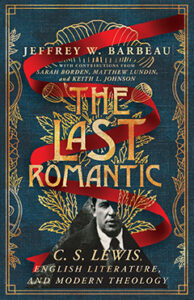 The Last Romantic: C. S. Lewis, English Literature, and Modern Theology
The Last Romantic: C. S. Lewis, English Literature, and Modern Theology
(IVP Academic 2025, $29.95)
Jeffrey W. Barbeau
In this book of three essays, originally delivered as lectures, Barbeau suggests the popular image of C.S. Lewis as uber rational thinker might be truncated. Neglected, he argues, is the influence of Romanticism on Lewis’ thought. In The Last Romantic, Barbeau traces this influence — including archival images of Lewis’ in-hand annotations that alone justify the price of the book. Out January 28.
[BOOK]
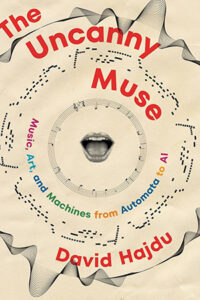 The Uncanny Muse: Music, Art, and Machines from Automata to AI
The Uncanny Muse: Music, Art, and Machines from Automata to AI
(W. W. Norton 2025, $32.99)
By David Hajdu
Not that long ago, ChatGPT and its evil twins entered the mainstream conversation. As music historian David Hajdu points out, art and machine share a long relationship. In a history of automation in the arts, Hajdu delves into the truly conversation-pushing bit of AI: artificial creativity. Hajdu recognizes the folly of both all-out tech fear and of dismissing those fears, even if his middle way doesn’t go much further. Out February 4.
[ALBUM]
 Curioso
Curioso
(Dualtone 2025, $30 on vinyl)
Wilder Woods
A third album — in three years — from Bear Rinehart, founder and frontman of crossover band NEEDTOBREATHE, Curioso carries on the vocal-forward Americana that paces his solo project. Fans won’t be disappointed, especially with collaborators like Jim James and Maggie Rose. Out February 7.
[BOOK]
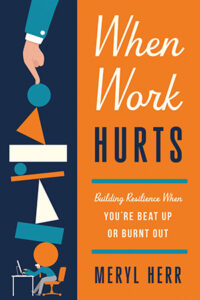 When Work Hurts: Building Resilience When You’re Beat Up or Burnt Out
When Work Hurts: Building Resilience When You’re Beat Up or Burnt Out
(IVP Books 2025, $18)
By Meryl Herr
Author and Common Good contributor Meryl Herr writes from personal experience — work can be painful, mentally, emotionally, spiritually. In When Work Hurts, she uses the idea of exile and return to build a model for workers dealing with hurt from work. This forms a theologically grounded vision for the much-discussed idea of resilience. Out March 11.
[BOOK]
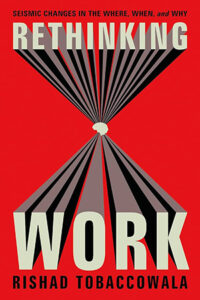 Rethinking Work: Seismic Changes in the Where, When, and Why
Rethinking Work: Seismic Changes in the Where, When, and Why
(HarperCollins Leadership 2025, $29.99)
By Rishad Tobaccowala
The idea, according to Rishad Tobaccowala, is that the world of work faces an impending “Great Rethinking.” He attempts to make this case — based on some usual suspects like digital workplaces, implications of AI, employee desires — and provide predictions that can inform future-proofing
Out February 4.
